Last month, the United Nations declared Denmark the happiest country of the 156 they surveyed. For the third time. Since 2012. “Happiness” may be a worn-out word and hard-to-measure commodity. But the UN has cred. And for this (admittedly biased) Danish-American and world traveler, Denmark certainly gets my vote.
But why? Press coverage offers good answers and theories every time the country wins. And here are five of mine.
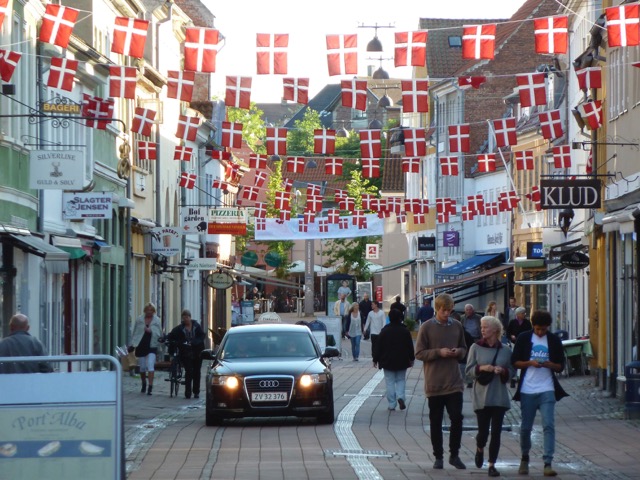
Danish pride leans toward the subtle and sincere—not the USA!USA!USA! kind of pride screaming through America’s jingoistic masses. Rather, Danes find pride in supporting their businesses, minimizing pollution, keeping things clean, revering tradition, and respecting each other. The feeling is visible and palpable.
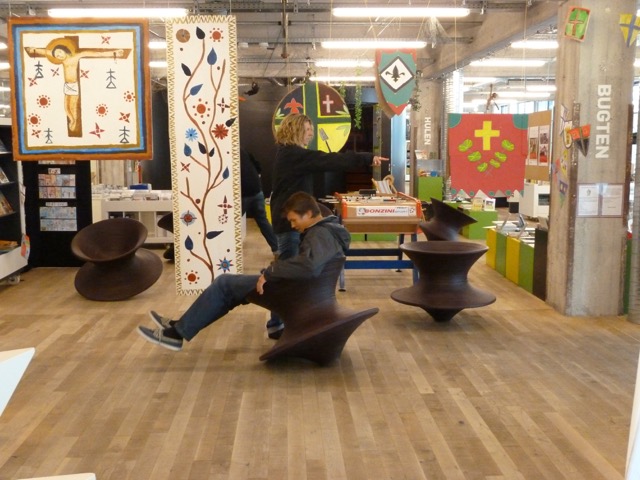
The arts of all kinds are omnipresent in Denmark. The libraries (as in the picture, above) feel more like playrooms. That renowned Danish design is everywhere you look, yet so is visual variety and crazy-different history. From breakfast pastries to stunning museums, from second-hand stores to Copenhagen’s famed shopping district, “distinctly Danish” describes most every detail. You’ll have a hard time finding a McDonald’s, Starbuck’s, or Budweiser.
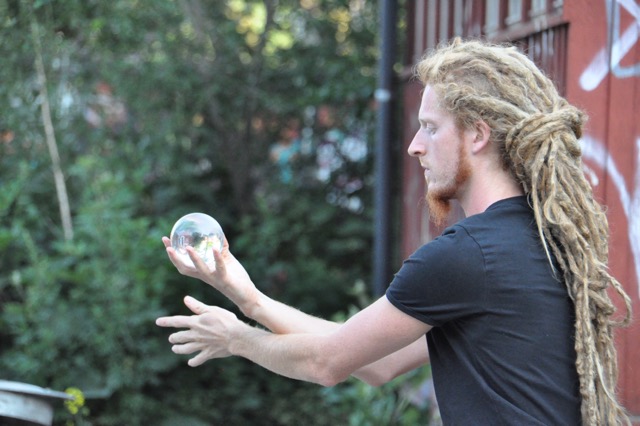
Danes have little interest in debating lifestyle options that make many religions and politicians pontificate ad nauseum. Their socialist-democratic style of government and individual entitlements ensure that most folks have few worries. And few folks worry about telling others how to live their lives.
Does all this permissiveness make Denmark unsafe? Hardly. During my last three-week visit a few years ago, I saw one cop. He carried no gun. He looked lost.
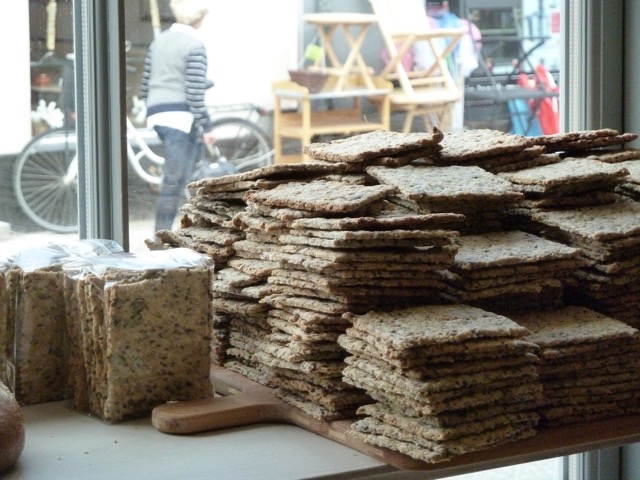
Hyggelig is hard to explain; it’s more of a feeling—that cozy, warm, comfortable, secure sensation that might happen when you, say, curl up by the fire with your BFF, guitar, cat, and beverage of choice. It has to do with food, family, fun, and enjoying what you have—even if the day may be cold, wet, and gray.
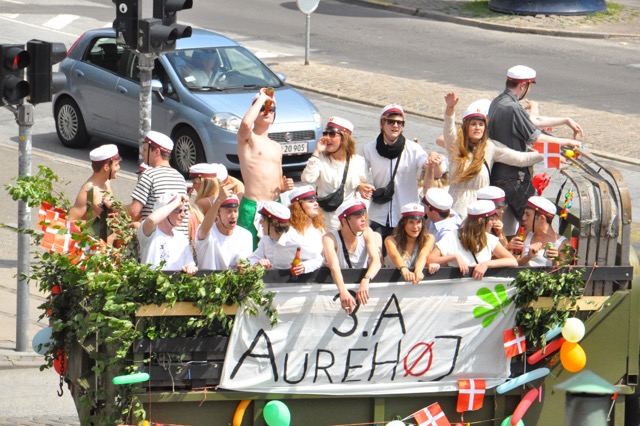
Despite the rumors, Danes are driven, hard-working people—fiercely independent and self-sufficient. That’s how they compete in the world economy and afford their way of life. But they value their free time even moreso—with short work weeks, family leaves, and lifelong education—and generous vacations.
Might a young Dane be encouraged to fill the backpack and take a gap year? Ja! Might a family put careers on hold and sail off to a one-year sabbatical? Ja! Might BreakAways to their pristine natural settings, to neighboring EU nations, or to tour the world be more of an birthright than a faraway fantasy? Ja!
It’s no wonder that the likes of Hillary Clinton and Bernie Sanders find themselves discussing Denmark as an example of how a country can succeed—for everyone, not just the 1%. The world is noticing. So does the UN.
Denmark, you win. I’m happy for you.